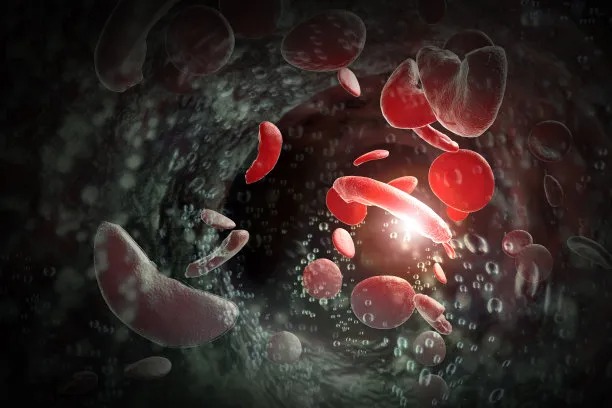Advancements in Global Cardiovascular Disease Treatment Options
original:health91192025-02-19 11:51:49
Summary: With advancements in global cardiovascular disease treatment options, new and innovative approaches are revolutionizing patient care, offering hope and improved outcomes for individuals wor
Summary: With advancements in global cardiovascular disease treatment options, new and innovative approaches are revolutionizing patient care, offering hope and improved outcomes for individuals worldwide.
1. Revolutionary Therapies

Recent advancements in cardiovascular disease treatment have introduced revolutionary therapies that target complex underlying mechanisms of the disease. These therapies, such as gene editing and stem cell therapy, are paving the way for personalized and more effective treatment options.
In addition to traditional methods like medication and surgery, these cutting-edge therapies are showing promising results in reversing heart damage and improving overall heart function.
The integration of innovative approaches with conventional treatments is enhancing the quality of care and outcomes for patients with cardiovascular diseases.
2. Digital Health Solutions
The rise of digital health solutions in cardiovascular care is transforming the way patients manage their heart health. From wearable devices that monitor heart rate and rhythm to telemedicine consultations with cardiac specialists, these technologies empower individuals to actively participate in their treatment plans.
Artificial intelligence algorithms are being utilized to analyze vast amounts of cardiac data, aiding in early detection of heart conditions and personalized treatment recommendations. This data-driven approach is enhancing diagnostic accuracy and optimizing patient care.
Furthermore, telemonitoring and remote patient management have enabled timely interventions and continuous monitoring, reducing hospital admissions and improving patient outcomes.
3. Minimally Invasive Procedures
Advancements in minimally invasive procedures for cardiovascular diseases have revolutionized treatment options, offering less invasive alternatives to traditional open-heart surgeries. Procedures such as transcatheter aortic valve replacement (TAVR) and percutaneous coronary intervention (PCI) are reshaping how heart conditions are treated.
These minimally invasive techniques result in shorter hospital stays, faster recovery times, and reduced risk of complications compared to traditional surgical methods. They provide patients with safer and more effective treatment options, especially for those who are considered high-risk for surgery.
The widespread adoption of minimally invasive procedures is improving patient comfort, quality of life, and overall treatment outcomes in cardiovascular care.
4. Lifestyle Modifications and Preventive Strategies
Alongside medical advancements, an emphasis on lifestyle modifications and preventive strategies has become integral in managing cardiovascular diseases. Evidence-based interventions, such as regular physical activity, healthy diet choices, smoking cessation programs, and stress management techniques, play a crucial role in preventing heart disease and improving heart health.
Education and awareness campaigns are promoting cardiovascular health literacy, empowering individuals to make informed decisions about their lifestyle choices and risk factors. These initiatives are essential in addressing the root causes of cardiovascular diseases and reducing the burden of heart-related conditions globally.
By combining medical treatments with holistic approaches, healthcare providers can offer comprehensive care that addresses the physical, emotional, and social aspects of cardiovascular disease, leading to better long-term outcomes for patients.
Summary: As advancements in global cardiovascular disease treatment options continue to evolve, the integration of innovative therapies, digital health solutions, minimally invasive procedures, and preventive strategies is reshaping the landscape of cardiovascular care. These multidimensional approaches are not only improving patient outcomes but also offering new hope and possibilities for individuals affected by heart conditions worldwide.
This article is published by HEALTH9119 Medical Health Network arrangement